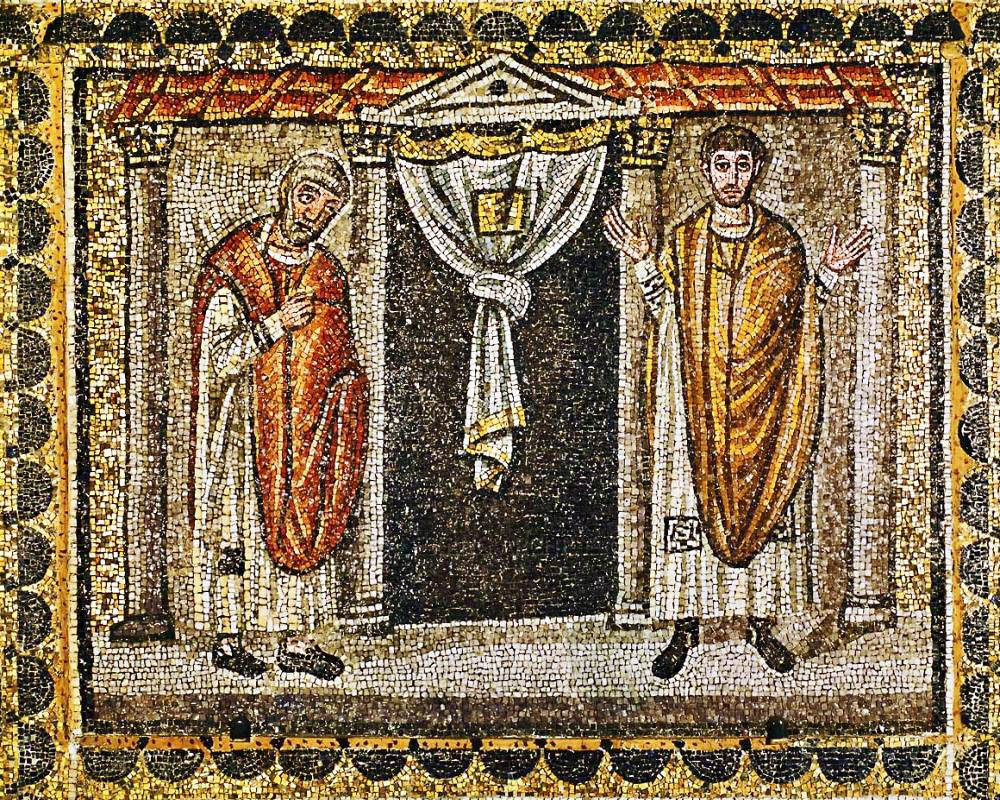The Parable of the Pharisee and the Tax Collector
9 To some who were confident of their own righteousness and looked down on everyone else, Jesus told this parable: 10 “Two men went up to the temple to pray,one a Pharisee and the other a tax collector. 11 The Pharisee stood by himself and prayed: ‘God, I thank you that I am not like other people—robbers, evildoers, adulterers—or even like this tax collector. 12 I fast twice a week and give a tenth of all I get.’
13 “But the tax collector stood at a distance. He would not even look up to heaven, but beat his breast and said, ‘God, have mercy on me, a sinner.’
14 “I tell you that this man, rather than the other, went home justified before God. For all those who exalt themselves will be humbled, and those who humble themselves will be exalted.”
Observation & Reflection
 The Parable about the Pharisee and the tax collector is only in Luke’s gospel. Much of chapters 17 and 18 are not just exclusive to Luke but they also contain verbiage that can only be found in Luke’s one personal style of writing. That means that these large Lukan sections are purposefully some of Luke’s own handy work and not direct copies of other texts. Though, it’s incredibly likely that there was still an underlying text from which Luke copied from, but here Luke makes them his own.
The Parable about the Pharisee and the tax collector is only in Luke’s gospel. Much of chapters 17 and 18 are not just exclusive to Luke but they also contain verbiage that can only be found in Luke’s one personal style of writing. That means that these large Lukan sections are purposefully some of Luke’s own handy work and not direct copies of other texts. Though, it’s incredibly likely that there was still an underlying text from which Luke copied from, but here Luke makes them his own.
The parable of the Pharisee and Tax collector is a simple lesson in humility and God’s grace. No one can expect the forgiveness of God if they believe themselves already righteous. They deceive themselves. One’s salvation cannot be merely obtained by following rituals and rules. They must have a repentant and humble heart. This is what the Lord spoke through Ezekiel,
26 And I will give you a new heart, and a new spirit I will put within you. And I will remove the heart of stone from your flesh and give you a heart of flesh. (Ezekiel 36:26)
